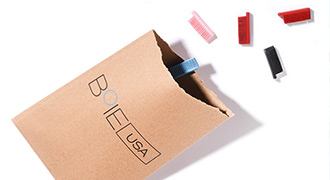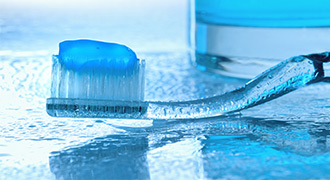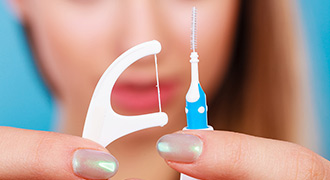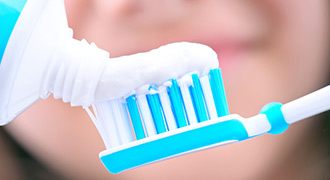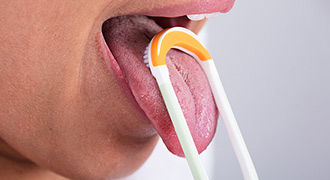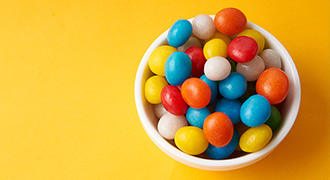Brushing your teeth is the cornerstone of a healthy dental hygiene routine. We have been taught, told, and exhorted to brush our teeth from the emergence of our very first tooth. For many of us, the act of brushing our teeth has become an almost sacred part of our daily routines. We wake up, we brush our teeth, we go about our days, and we brush our teeth before we go to bed for the night.
Yet, despite being an ingrained part of most of our daily lives, myths and misperceptions around the practice still remain. As it turns out, we all could use a refresher now and then on the basics of dental hygiene when it comes to brushing your teeth.
How Often Do You Get A Dental Checkup?
11 Misunderstandings or Myths About Brushing Your Teeth
Brushing more often isn’t better for your teeth
In fact, that is a very common misunderstanding. Brushing too often may actually damage your gums and teeth through dental abrasion. Brush twice per day, every day. No more, no less.
Brushing for a period of time longer than a few minutes is not helpful for your teeth
Provided that you are brushing with the right techniques, additional time over the bathroom sink won’t contribute much more to your dental health.
Don’t brush too hard
While it may seem like scrubbing your teeth by brushing harder would remove more debris, the truth is that brushing too hard will only damage your teeth and gums through abrasion. Patients must understand that the goal of brushing is to mechanically remove food debris and plaque. Brushing alone cannot remove extrinsic and intrinsic stains. It is easy to think that brushing harder will produce better results. This is a misunderstanding.
Use a soft head toothbrush
Many patients have a tendency to either over-brush or brush too hard. A soft toothbrush will help prevent patients from abrading their teeth and gums and causing permanent damage.
The goal of brushing isn’t to kill all bacteria
Rather, brushing is only intended to control the bacterial populations and prevent overproliferation. You can never truly completely eliminate all bacteria in the mouth or on your teeth. Nor would the complete elimination of the microbes in your mouth be a good idea. Some bacteria are actually helpful and contribute to both oral and bodily health.
Wait at least half an hour after eating food or drinking a beverage such as coffee before brushing your teeth.
Food and drinks tend to contain acids that leach the minerals out of your teeth. Brushing demineralized teeth can actually damage the enamel and wear it away. Allowing a 30-minute gap between eating and brushing gives your teeth an opportunity to remineralize prior to brushing.
Use a fluoridated toothpaste.
Despite the proliferation of fluoride-free products in the dental hygiene market today, no toothpaste product is as effective as a product containing fluoride. Fluoride is completely safe and the introduction of fluoridated water has had enormous benefits for public health. Fluoride plays a critical and irreplaceable role in remineralizing teeth.
Brushing with just a toothbrush and no toothpaste is not enough.
While the mechanical scraping action of the brush heads will dislodge much of the debris and remove plaque, toothpaste contains critical compounds that supercharge the cleaning process. Fluoride promotes remineralization while microscopic bits of silica help scrape clean the surfaces of your teeth.
Brush correctly
Unfortunately, most of us don’t exactly know what brushing correctly means. According to the American Dental Association (ADA), you want to hold your bristles at a 45-degree angle to your teeth.
You also want to brush each tooth individually with small circular movements. Many people tend to brush in broad strokes across multiple teeth. Don’t do that, or you’ll miss a spot.
Replace your toothbrush every few months or sooner.
An old toothbrush with excessively frayed bristles won’t perform as well as a new brush and can actually become a haven for bacteria.
Don’t just brush, floss and visit Willow Pass Dental Care for regular checkups as well!
While brushing is the cornerstone of a healthy dental hygiene routine, healthy teeth also require a combination of flossing and routine professional dental cleanings.
 Written by Dr. Reza Khazaie
Written by Dr. Reza Khazaie
